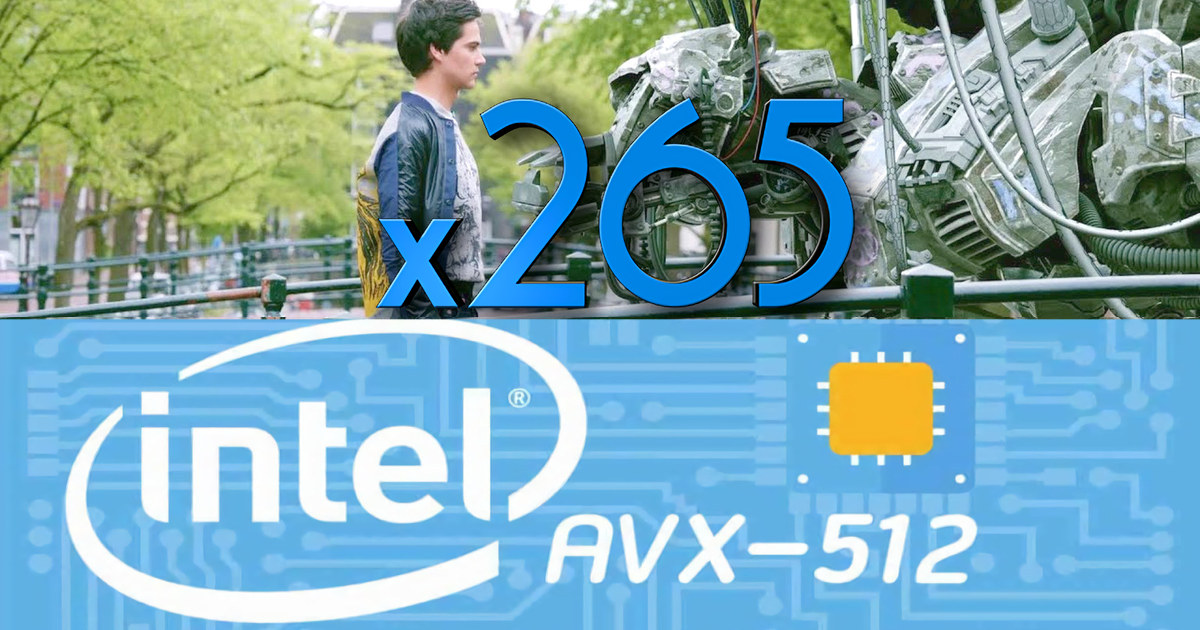- Joined
- Oct 16, 2014
- Messages
- 671 (0.17/day)
| System Name | Work in progress |
|---|---|
| Processor | AMD Ryzen 5 3600 |
| Motherboard | Asus PRIME B350M-A |
| Cooling | Wraith Stealth Cooler, 4x140mm Noctua NF-A14 FLX 1200RPM Case Fans |
| Memory | Corsair 16GB (2x8GB) CMK16GX4M2A2400C14R DDR4 2400MHz Vengeance LPX DIMM |
| Video Card(s) | GTX 1050 2GB (for now) 3060 12GB on order |
| Storage | Samsung 860 EVO 500GB, Lots of HDD storage |
| Display(s) | 32 inch 4K LG, 55 & 48 inch LG OLED, 40 inch Panasonic LED LCD |
| Case | Cooler Master Silencio S400 |
| Audio Device(s) | Sound: LG Monitor Built-in speakers (currently), Mike: Marantz MaZ |
| Power Supply | Corsair CS550M 550W ATX Power Supply, 80+ Gold Certified, Semi-Modular Design |
| Mouse | Logitech M280 |
| Keyboard | Logitech Wireless Solar Keyboard K750R (works best in summer) |
| VR HMD | none |
| Software | Microsoft Windows 10 Home 64bit OEM, Captur 1 21 |
| Benchmark Scores | Cinebench R20: 3508 (WIP) |

Intel AVX-512 tested in x265: how to enable it and does it help? - HWCooling.net
AVX-512 for x265: how to use it, the effects on performance and the price you pay in power consumptionThe 11th generation Intel Core processors (Rocket Lake) are the first mainstream desktop parts supporting AVX-512 instruction set, previously only available in Xeons or the X299 platform. One...
I'm not saying it can't, but Intel has some catching up to beat 5950X.






 What I really meant by that though is that the discussion is normally supposed to go somewhere but if we cannot get past entry-level oversimplifications and for something as basic as CPU bottlenecking in games then it won't.
What I really meant by that though is that the discussion is normally supposed to go somewhere but if we cannot get past entry-level oversimplifications and for something as basic as CPU bottlenecking in games then it won't.